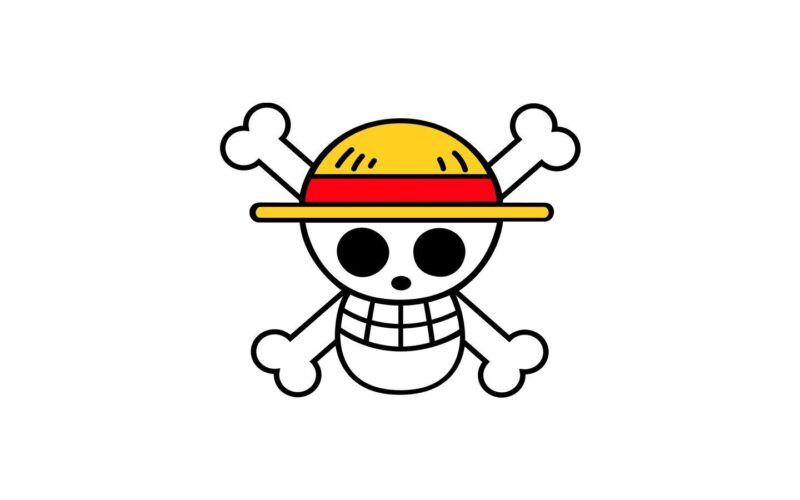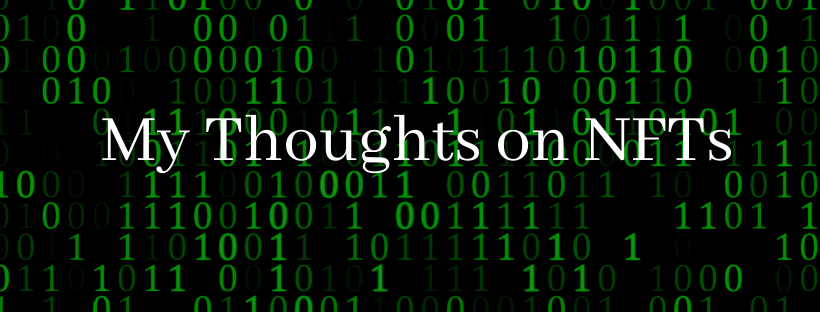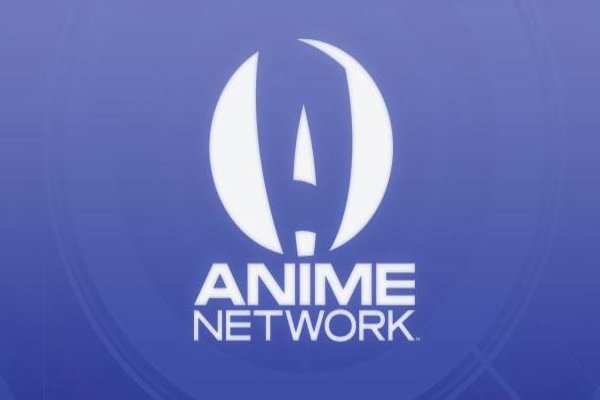
You’ve most likely broken the law by downloading something illegally. In fact, more than an estimated 75% of computers have at least one illegally downloaded file, and 22% of Internet bandwidth is used for piracy (Petrescu, 2018). Scanlations and fan subs are common in the anime community. And yes, they are piracy.
Online piracy is defined as any unauthorized online content distribution (Quintais, 2019). Scanlations and fan subtitled anime are not authorized so they are forms of online piracy. Of course, online piracy is more complicated than simply “it’s illegal” when you dig into it. In fact, piracy isn’t always damaging, nor is it always helpful or benign.
The music industry is a good example of this. From 1999 to 2014, revenues for recorded music fell by 42%, from $25.2 billion to $14.6 billion (Quintais, 2019). However, piracy has had positive aspects for the industry. The most common is the sampling effect. The sampling effect creates demand by exposing people to new music, actors, or genres they wouldn’t normally try because of the cost. Music benefits from the sampling effect more than audio-visual products. Since piracy dented music revenues, demand for live concerts, merchandise, and other compliments to music has increased (Quintais, 2019).
Quintais (2019) also mentions 40 studies focused on online piracy: 4 saw a positive effect on sales, 21 shown a negative effect, 6 found no relationship, and 5 found links depend on the products pirated. As I said, piracy is a mix. One more example: the Game of Thrones series was the most heavily pirated show in history, but it was also one of the most legally watched shows. The director pointed to piracy as feeding the cultural buzz around the series (Roncevic, 2020).

As piracy became easier with torrents and cyberlockers like Megaupload, companies looked toward Digital Rights Management (DRM) software to secure their intellectual property. Cyberlockers, if you aren’t familiar with them, use cloud storage to host files out of the reach of copyright enforcement. The sites make it easy for home users to download the files. DRM seeks to limit access or distribution of content using various mechanisms. They lock files after so many accesses or can attempt to phone home to the company. For companies, it sounded ideal, but in practice it failed (Roncevic, 2020).
DRM is easy to remove. For example, take a Kindle eBook and drop it into Calibre and the open source software will strip the DRM from the file with a single button click. DRM has 2 problems. First, it treats legitimate customers unfairly with inconveniences and broken products (gamers will think about EA here). Second, it didn’t work (Roncevic, 2020).
As I wrote earlier, some products suffer more from piracy than others. As a writer, I’m concerned about eBooks. The illegal downloading of eBooks and the use of public libraries decreases books sales and hurts authors (Quintais, 2019). In a Digimarc and Nielson study of people who downloaded illegal eBooks (Roncevic, 2020):
- 31% used torrent sites like Pirate Bay
- 31% used cyberlockers
- 30% got them from a friend via IM, email, or flash drive
- 44% of pirates also bought eBooks legally.
The study illustrates how people who pirate also buy.
According to studies, 95% or more of pirates consume content legally, and they consume at least twice as much as non-pirating users. In 2007, when NBC removed content from the iTunes store, researches saw an estimated 11.4% increase in the piracy of the removed content (Quintais, 2019). This brings us to the reasons why people pirate.
Why do People Pirate?

In the Digimarc and Nielson study, people gave various reasons as to why they downloaded eBooks illegally:
- 57% said it was because it was easy
- 38% said it was because they couldn’t find the titles in bookstores
- 51% said it was because it was free
- 17% said they didn’t believe they should pay for online content
Most of the people in the study didn’t believe downloading hurt the author; illegal eBook downloads costs an estimated $315 million (Roncevic, 2020).
Many people pirate because there’s no other way to get the content. The 2007 NBC iTunes take down provides a good example of this. Anime is another good example. People with a high sense of morality pirate content and get involved in other unethical IT behavior for many reasons (Kar Yan Tam, 2019). Many of these people see pirating as a way to help others. They share the files over instant messaging, email, or other means to help friends and family members. The social rewards for this form of piracy encourages this, rewards such as gratitude, increased social standing, altruism, and the like. Cost and convenience are other factors. Pirating saves money and sometimes legal products are just a pain to use. This is DRM’s problem; it makes legal digital products a pain to use, so people will pirate or break the DRM. Many see the “marginal production cost” of digital content as near zero and are reluctant to pay because of this; after all, unlimited copies can be made (Kar Yan Tam, 2019). This makes people believe the products are overpriced. Many believe companies possesses unfair advantages and that “harming a large organization to the benefit of an individual is the right behavior” because of this near-zero production cost. However, such thinking hurts creators.
With the increase of legal means of consuming content like Crunchyroll, Netflix, Pandora, Kindle Unlimited, Libby, and other online services, piracy has declined (Quintais, 2019). People are willing to pay for copyrighted content if it is easily available, convenient, cheap, and timely in the case of foreign content like anime. Since simulcasts became popular, there’s no need for pirated fan-subtitled anime. However, the low cost of these services still hurt creators. The income is better than zero, but it is a far cry from the living creators could sustain (especially mid-list authors) in the days before Internet distribution. However, reach is better today, as is creator control over their content. Every new technology has pros and cons.
Today, there’s little need to pirate anything, except perhaps content that has been taken out of circulation for various reasons. Although that too is the right of the copyright holder. We, as consumers, have no rights to the content, even when we pay for it. It is bad for preservation, but the creator has the rights to do what they want with their property. Over all, we are in an age of access. There’s been no better time to be a reader, gamer, film buff, or anime fan with the wide range of legal access to content we have.
References
Kar Yan Tam, Katherine Yue Feng, & Samuel Kwan3. (2019). The Role of Morality in Digital Piracy: Understanding the Deterrent and Motivational Effects of Moral Reasoning in Different Piracy Contexts. Journal of the Association for Information Systems, 20(5), 604–628. https://doi-org.oh0164.oplin.org/10.17705/1jais.00545.
Petrescu, M., Gironda, J. T., & Korgaonkar, P. K. (2018). Online piracy in the context of routine activities and subjective norms. Journal of Marketing Management, 34(3/4), 314–346. https://doi-org.oh0164.oplin.org/10.1080/0267257X.2018.1452278.
Quintais, J. P., & Poort, J. (2019). The Decline of Online Piracy: How Markets – Not Enforcement – Drive Down Copyright Infringement. American University International Law Review, 34(4), 807–876.
Roncevic, M. (2020). Digital Rights Management and Books. Library Technology Reports, 56(1), 5.




Piracy in manga is still a concern since there’s so many titles that will never get licensed here for all kinds of reasons. Things are getting better with the likes of Shonen Jump/MangaPlus, but there’s mess-ups like what Square Enix tried to do when it launched its own manga app, (https://www.animenewsnetwork.com/interest/2022-07-29/manga-up-censors-everything-from-cleavage-to-knees/.188135)
I also hear that game preservation is a issue of huge debate because emulation is needed for titles that have no shot of being remastered or have many licensing issues.
Piracy certainly isn’t clear-cut wrong. In fact, we wouldn’t even know about some historical literature if it wasn’t for ancient piracy. Celsus’s arguments against Christianity would’ve been unknown if it wasn’t for Origen quoting large swathes of his book (which may fall under piracy by today’s standards). So piracy in all its forms has a history of helping preservation.